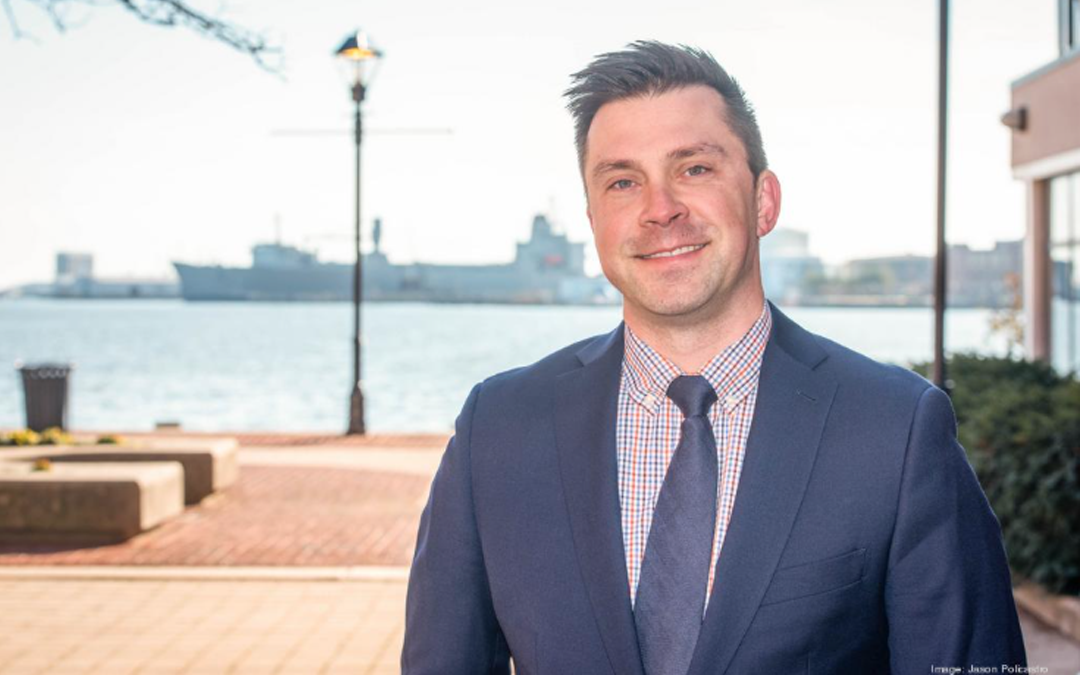By Jason Policastro, as published in the Baltimore Business Journal
At a recent virtual meeting of the Financial Planning Association of Maryland, Comptroller Peter Franchot offered his best- and worst-case scenarios for the Covid-19 pandemic and the state’s economy. If things go poorly, he said, new variants of the virus could cause people to keep their children home from school and not spend money.
If things go well, Franchot said he thinks “the November and December timeframe of this year could be like the Roaring Twenties in terms of economic recovery.” As vaccinations continue to ramp up, we’re hopeful that the beginning of the end of the pandemic is approaching. Many economists forecast an explosion of spending for the rest of the year as pent-up demand is released for travel, eating at restaurants and other forms of entertainment.
Naturally, we’re hoping for the latter outcome. But as we move forward, I believe there are four financial lessons from the pandemic that we should consider taking with us into the future.
1) Build and maintain an emergency fund
The pandemic has taught us the importance of being prepared for a financial emergency, particularly for those employed in the service and hospitality industry who saw their income greatly reduced or eliminated entirely. The CFP Board recommends saving three months of expenses if both spouses work, and six months for a single-income household. That money needs to be accessible and safe, so it shouldn’t be invested in potentially volatile or illiquid assets.
Instead, think cash or cash equivalents like a money market fund or an ultra short-term bond fund. In addition to guarding against job loss or unforeseen expenses, think of your emergency fund as an investment in your peace of mind. Who can put a price on that?
2) Stay the course in the market
If ever there was an example of the importance of staying invested for equity investors, it’s been the market during the pandemic. Early last year, the markets turned downward, followed by a steady rally through the end of 2020. If you were tempted to head for the exits, chances are you didn’t get back into the market in time to enjoy the full extent of its rise. On March 16 of last year, Morningstar published a study that examined market returns between 1970 and 2019. Among other findings, it revealed that trying to time the market had a powerful downward impact on returns, and that in seven of the 49 years examined, missing the best months of returns dragged the year’s.
Staying invested is important, but it takes fortitude and the ability to tune out short-term noise. Having a strategic asset allocation that fits your risk tolerance and long-term goals can make market turbulence easier to tolerate and keep you focused on the big picture.
3) Insurance, in many forms, is critical
We’ve been forced to contemplate our own mortality in ways we hadn’t previously imagined due to the pandemic. Those of us with life insurance coverage could at least take comfort in knowing that our loved ones would be financially secure in our absence. Even if the outcome wasn’t that severe, having sufficient health insurance in the event of an extended hospital stay could mean the difference between financial stability or ruin. Some who contracted Covid-19 were unable to work for extended periods, but if they were covered by disability insurance, they could continue receiving income.
Your individual situation will determine your specific needs. But broadly speaking, the catastrophic events of the past year have demonstrated the value of insurance.
4) Implement a comprehensive financial plan
In his new book “The Psychology of Money,” writer and fund manager Morgan Housel recounts the story of how German tanks were rendered useless by mice gnawing on their wiring leading up to the crucial battle of Stalingrad. The German engineers who built the tanks simply hadn’t considered the possibility of mice stopping their tanks.
Much like those German engineers, none of us had counted on a global pandemic disrupting our lives. But working with a financial advisor to create a comprehensive financial plan that can flex and absorb unforeseen hazards can keep you on track toward reaching your financial goals, no matter what comes next.
Jason Policastro is a private wealth advisor at Cornerstone Advisory and the chair of the Communications Committee at the Financial Planning Association of Maryland.
As always, if you have any questions or would like to have a conversation, please reach out to us or your portfolio manager.
The Cornerstone Team
Disclosure: Cornerstone Advisory, LLC, is registered as an investment adviser with the SEC. The firm only transacts business in states where it is properly registered, or is excluded or exempted from registration requirements. Registration does not constitute an endorsement of the firm by the Commission nor does it indicate that the adviser has attained a particular level of skill or ability. Past performance may not be indicative of future results. Therefore, no current or prospective client should assume that the future performance of any specific investment or strategy will be profitable or equal to past performance levels. All investment strategies have the potential for profit or loss. Changes in investment strategies, contributions or withdrawals, and economic conditions may materially alter the performance of your portfolio.

